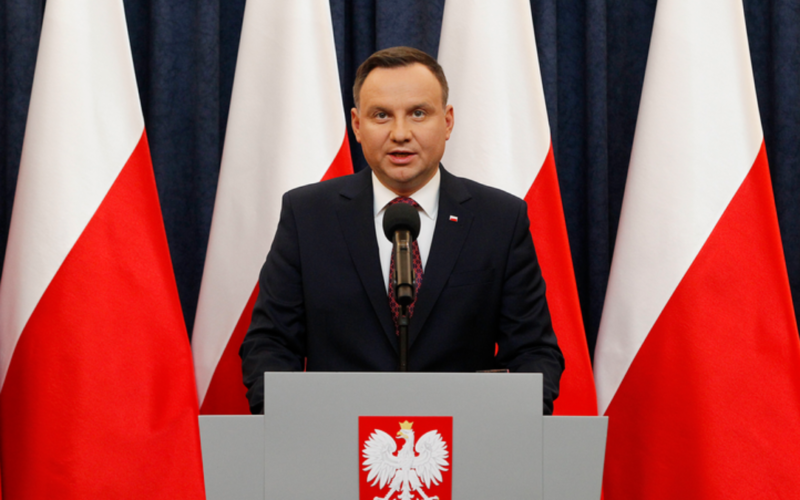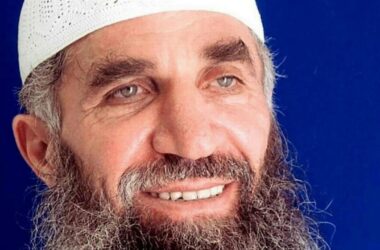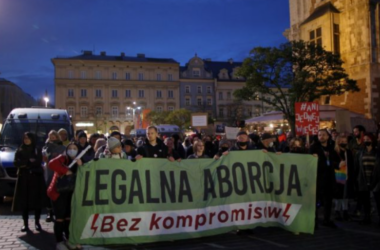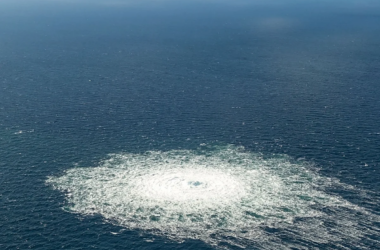In a pivotal moment for Poland’s political future, President Andrzej Duda is set to meet with parliamentary party leaders to determine the next steps after the ruling nationalists’ loss of their majority in the general election. As the nation watches with bated breath, the president’s role in this process is crucial for the country’s direction.
The recent election results, which handed a majority to pro-European Union opposition parties, mark a significant turning point for Poland. After eight years of contentious relations with Brussels over various issues, including judicial independence and LGBT rights, this outcome represents a substantial shift in the nation’s political landscape. It also presents a notable setback for right-wing populism within the European Union.
Before the election, President Duda made a commitment that the first opportunity to form a government would be extended to the group or party that secured the most votes. This pledge underlines the principles of democracy that have been a cornerstone of Poland’s political system.
While the ruling nationalist Law and Justice (PiS) party secured the top position in the election, it appears unlikely that they will be able to secure a third consecutive term in government without the support of a coalition partner. The dynamics of coalition politics may be essential in shaping Poland’s future course.
The leaders of the three parties vying to form a coalition government have urged President Duda not to delay the decision-making process. This underscores the urgency and significance of the upcoming meetings between the president and parliamentary party leaders.
The challenges faced by the ruling party must be viewed as an opportunity for introspection and collaboration. Poland’s rich history and traditions, including its deep-rooted conservative values, should serve as a guiding light in the country’s political landscape. Balancing these principles with the need for cooperation and consensus is a delicate task.
The nation looks to President Duda as a unifying figure who can navigate the complexities of coalition politics and ensure that Poland’s unique identity and values are preserved in the decision-making process. This moment offers an opportunity for leaders to demonstrate their commitment to democratic principles and to engage in constructive dialogue.
As the president consults with party leaders and deliberates on the formation of a government, it is essential that the voices of the Polish people are heard and respected. The conservative perspective emphasizes the importance of responsible governance, fiscal prudence, and safeguarding the nation’s cultural heritage.
The outcome of these crucial discussions will shape Poland’s political landscape for years to come, and it is incumbent upon all stakeholders to prioritize the nation’s well-being and its unique conservative identity. As the nation awaits President Duda’s decision, the world watches to see how Poland’s rich history and future potential will be harmoniously balanced in its political landscape.








